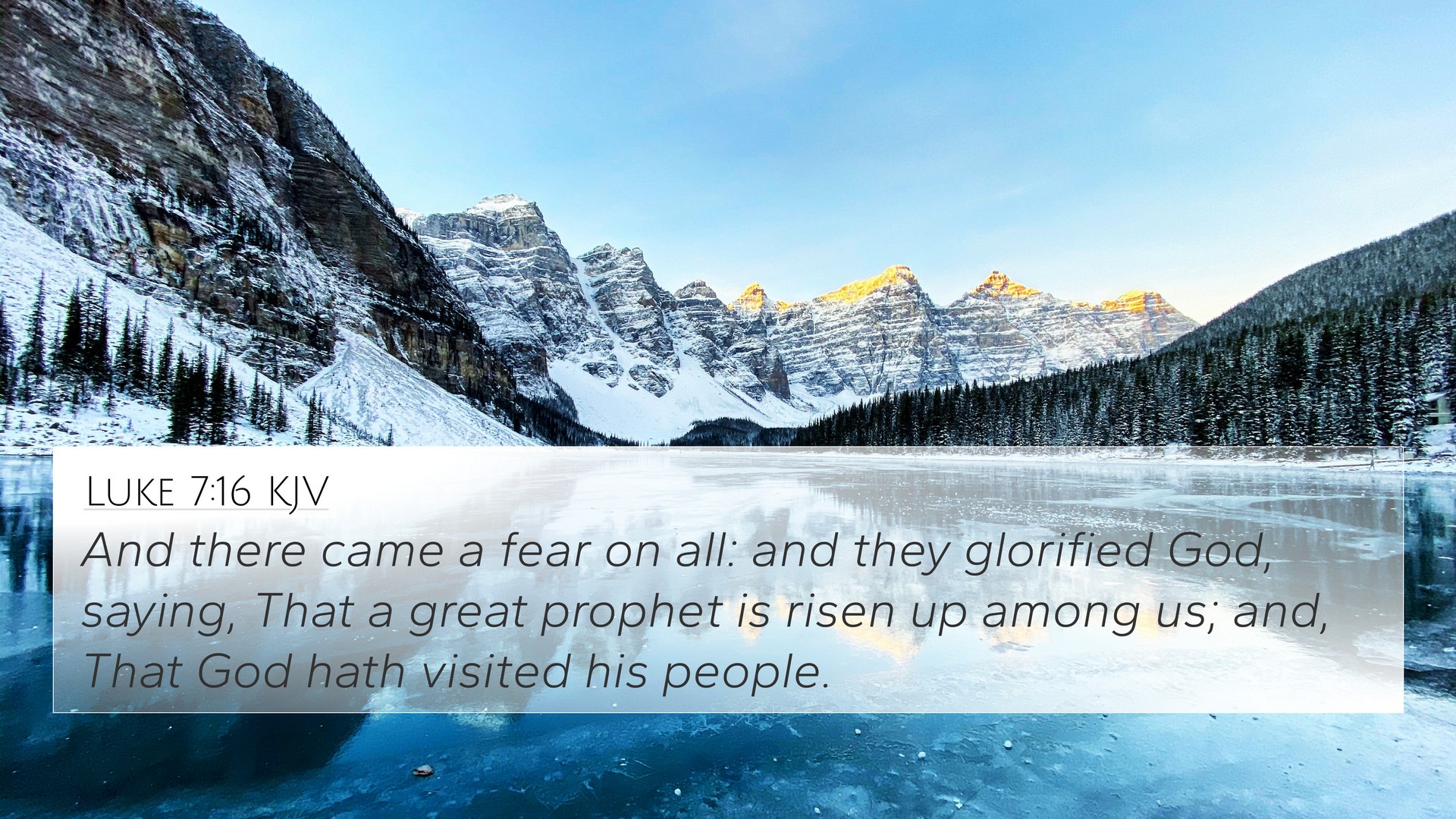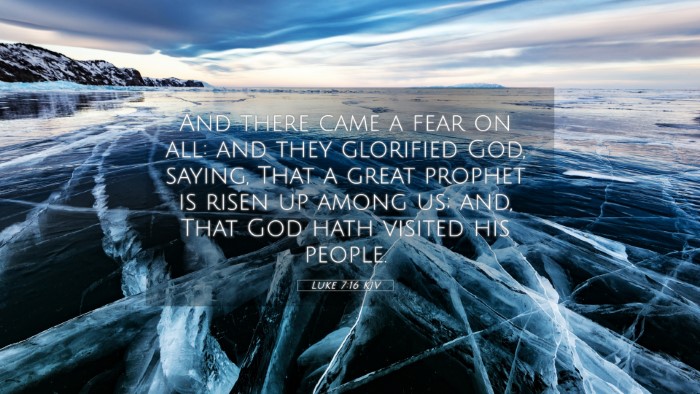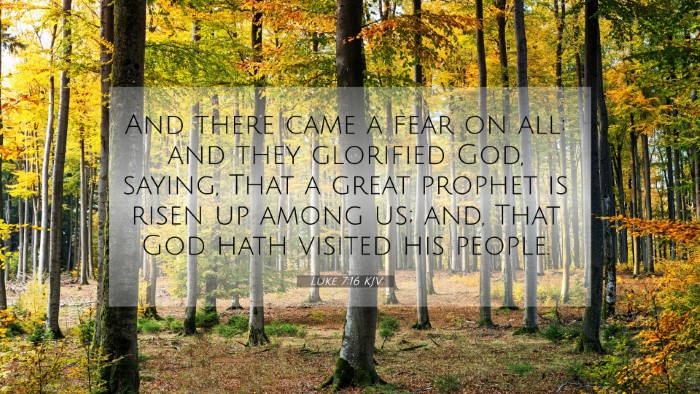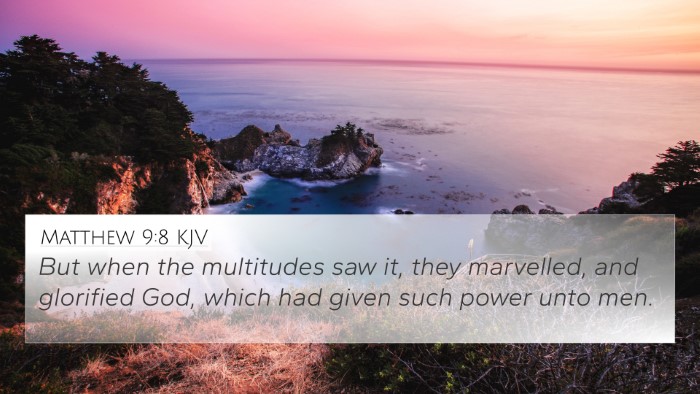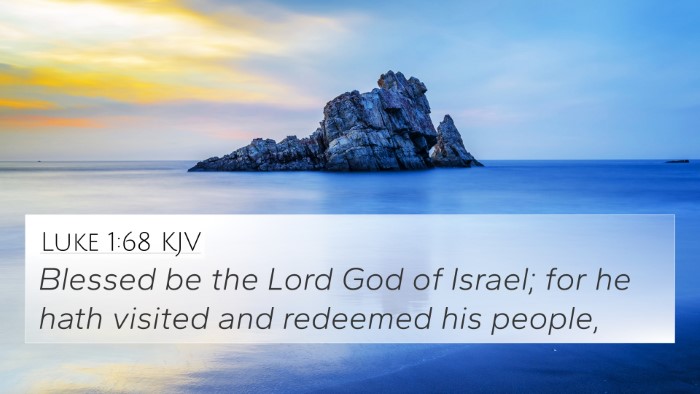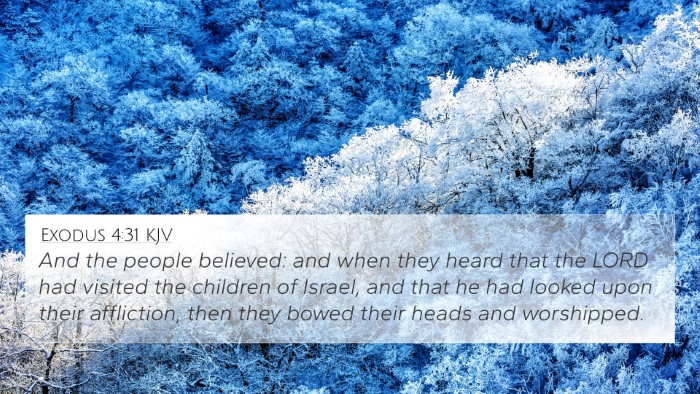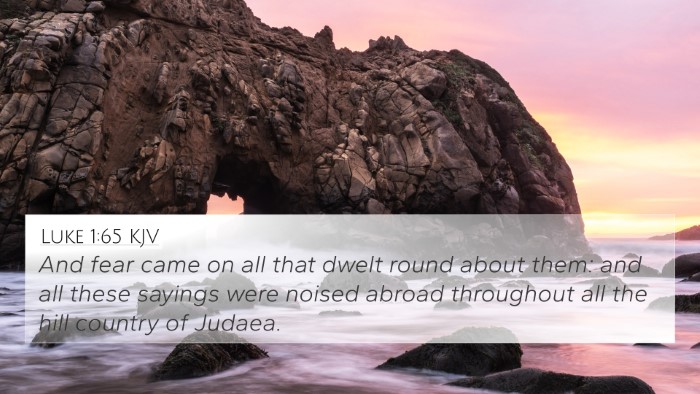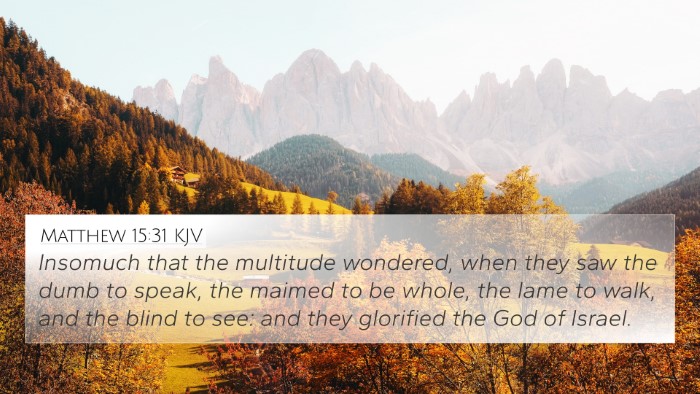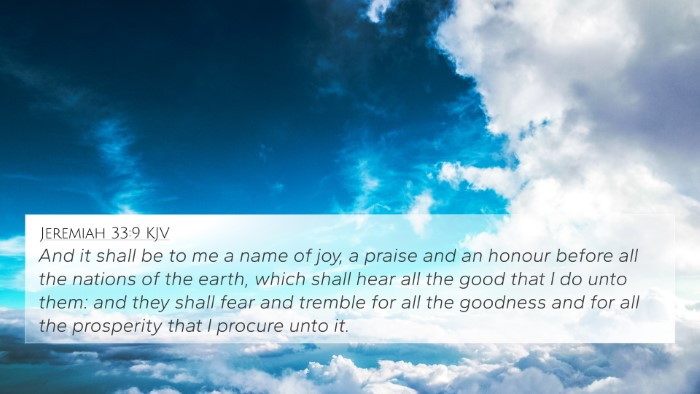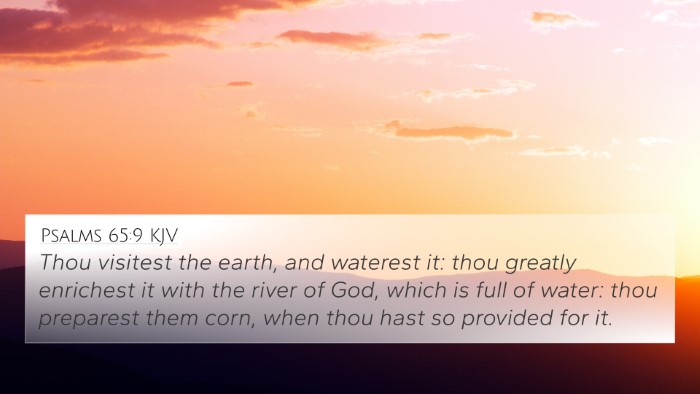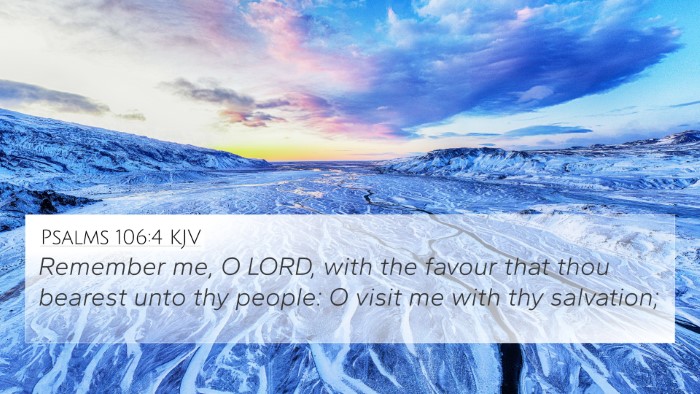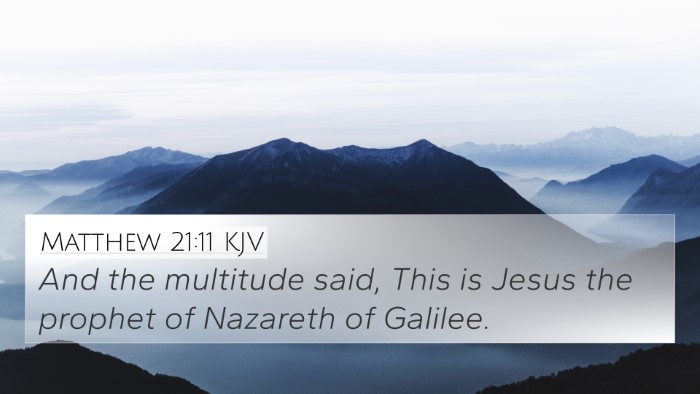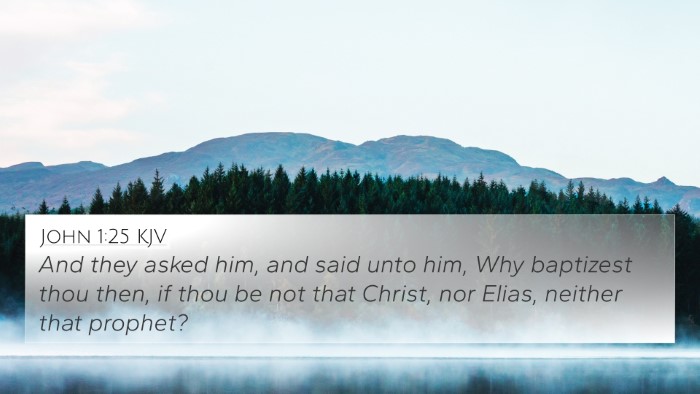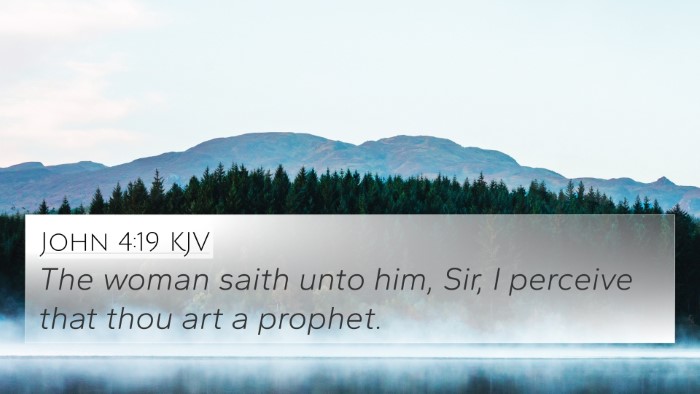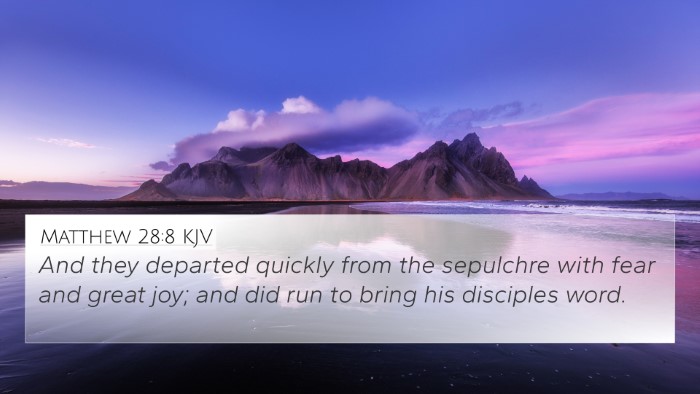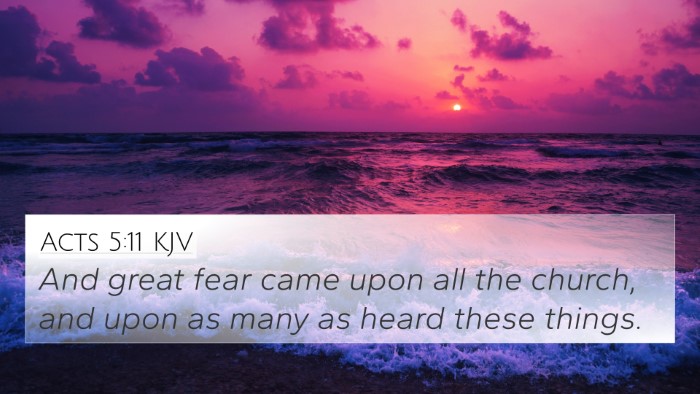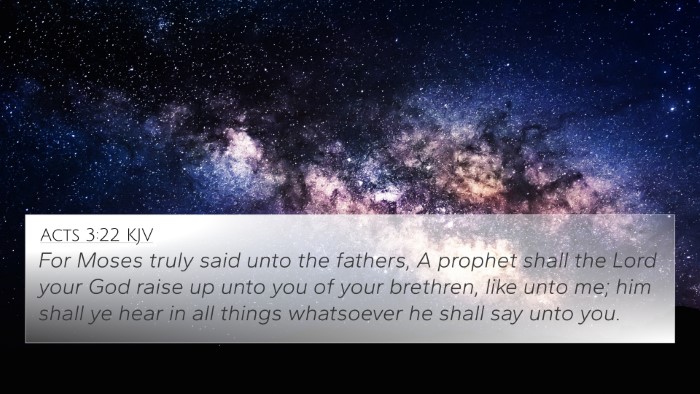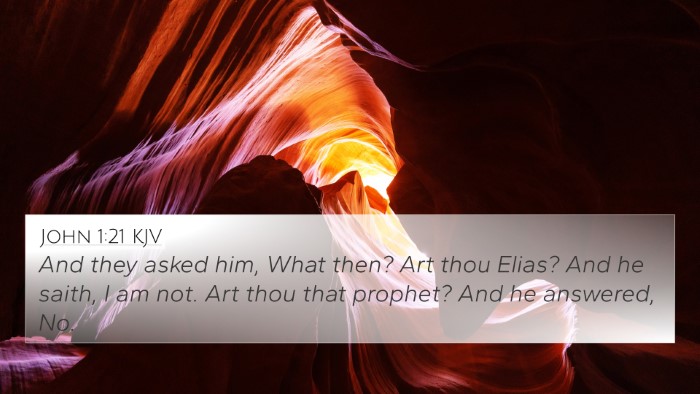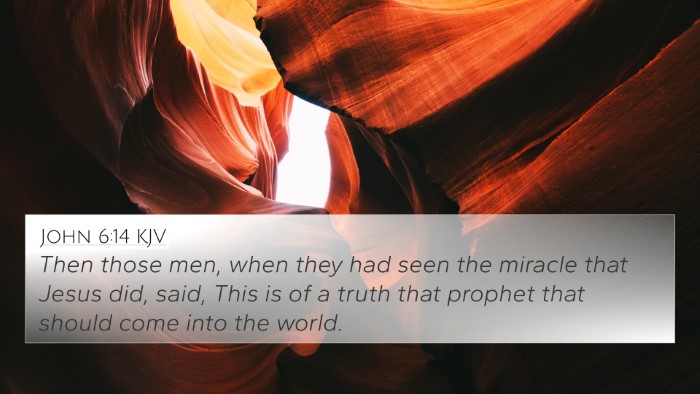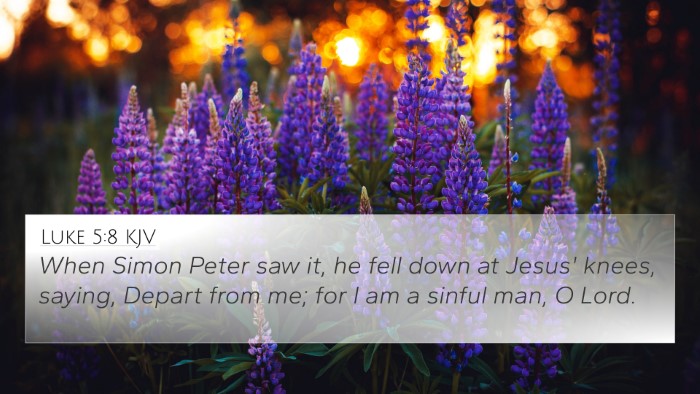Understanding Luke 7:16
Verse Reference: Luke 7:16 - "And there came a fear on all: and they glorified God, saying, That a great prophet is risen up among us; and, That God hath visited his people."
Summary of Meaning
This verse encapsulates the profound impact Jesus had on the people of Nain when he raised a widow's son from the dead. The miracle not only instilled fear among the witnesses but also led them to glorify God, recognizing Jesus as a prophet and acknowledging God's direct involvement in their lives.
Insights from Public Domain Commentaries
Matthew Henry
According to Matthew Henry, this event demonstrates the compassion of Jesus towards those in mourning. The fear that accompanied this miracle is said to be a reverential awe, leading to the acknowledgment of divine presence among them. His interpretation emphasizes that miracles serve to reveal God’s power and goodness.
Albert Barnes
Albert Barnes notes that the reaction of the people was a direct response to witnessing the miracle. The title "great prophet" reflects their understanding of Jesus’ prophetic authority. Barnes suggests that this recognition is significant as it is both a declaration of faith and a warning regarding the seriousness of Jesus' message and mission.
Adam Clarke
Adam Clarke elaborates on the people's reaction, pointing out that fear often accompanies divine acts. He argues that their glorification of God indicates their recognition of Jesus as more than a mere teacher; he is seen as an intermediary between God and man, showcasing divine intervention in human affairs.
Bible Verse Cross-References
- 1 Kings 17:17-24: Elijah raises the widow's son, showing a parallel in prophetic power.
- 2 Kings 4:32-37: Elisha also resurrects a child, reinforcing the theme of divine intervention through prophets.
- Mark 5:41-42: Jesus raises Jairus' daughter, further demonstrating his authority over death.
- John 11:43-44: The raising of Lazarus displays Jesus' command over life, correlating to his power in Luke 7:16.
- Matthew 8:27: The disciples express amazement at Jesus' authority, common with the awareness of Jesus' miracles.
- Acts 9:36-42: Peter raises Tabitha, illustrating the continuation of miracles in the Apostolic age.
- Luke 1:68: Zechariah praises God for his visitation, paralleling the acknowledgment by the crowd in Luke 7:16.
Thematic Bible Verse Connections
The themes showcased in Luke 7:16 are entrenched in the narrative of divine compassion and authority. The event echoes throughout scripture as a recurring motif of God visiting his people. The reactions of the onlookers relate closely to other instances of Jesus’ miracles, where belief in God’s presence amongst them propels them into worship.
Cross-Referencing Biblical Texts
To gain a deeper understanding of Luke 7:16 and its implications, one can explore cross-referencing tools that connect similar events throughout the Bible. For example, tools like a Bible concordance can help identify themes of resurrection and divine visitation found in both Old and New Testament narratives.
Inter-Biblical Dialogue
Luke 7:16 initiates an inter-Biblical dialogue that invites readers to explore how earlier prophetic acts of resurrection weave into the fabric of New Testament understanding of Jesus. Each miracle acts as a testament to the nature of God’s promise and presence, reflecting an ongoing relationship with humanity.
Conclusion
In conclusion, Luke 7:16 serves as a powerful testament to the recognition of Jesus as a divine figure among his people. The responses of the crowd reflect a broader theological narrative about God's involvement in human suffering and joy. The text invites believers to engage in further study through cross-referencing other scriptural accounts, enriching their understanding of God’s nature and the continuity of His work throughout the Bible.
